Defiant US says will send warships to Taiwan Strait, boost Taipei ties
The US remains defiant after House Speaker Nancy Pelosi's provocative visit to Taiwan despite China's repeated warnings, pledging to send its warships to the Taiwan Strait and boost trade ties with the island.
A new trade plan will be unveiled within days, while US forces will transit the Taiwan Strait in the next few weeks, said Kurt Campbell, White House coordinator for Asia-Pacific issues and an adviser to President Joe Biden.
China considers Taiwan to be a breakaway province that should be reunited with the motherland under the internationally-recognized “one-China” policy.
Under the policy, nearly all countries recognize Beijing’s sovereignty over the island, including the United States, which has no formal diplomatic ties with the territory.
However, in violation of its own stated policy and in an attempt to irritate Beijing, Washington continues to court the secessionist government in Taipei, supporting its anti-China stance and supplying it with massive caches of armaments.
Inflaming tensions between the US and China, Pelosi stepped in Taiwan on August 2 and had pledged an “ironclad” US commitment to Taipei, prompting Beijing to react to the highest-level US visit to Taiwan in 25 years with a burst of military activity in the island’s surrounding waters.
She had also talked about how America made a bedrock promise to always stand with Taiwan.
The visit by Pelosi, the most senior US official to go to Taiwan in years, was "consistent" with Washington's existing policy to which China "overreacted", Campbell said.
Beijing used the pretext to "launch an intensified pressure campaign against Taiwan to try to change the status quo, jeopardizing peace and stability across the Taiwan Strait and in the broader region," he said.
The US administration would continue to "deepen our ties with Taiwan, including through continuing to advance our economic and trade relationship," he added.
"For example, we're developing an ambitious roadmap for trade negotiations which we intend to announce in the coming days."
US forces, Campbell said, "will continue to fly, sail and operate where international law allows, consistent with our long-standing commitment to freedom of navigation".
"That includes conducting standard air and maritime transits through the Taiwan Strait in the next few weeks."
Campbell did not say the kind of deployment that would be made to support the maneuvers, explaining he had no "comments about either the nature of our crossings or the timings across the Taiwan Strait."

Students camp out at Yale to protest Israeli minister Ben-Gvir’s visit

Over 220 US academic leaders slam Trump crackdown on universities
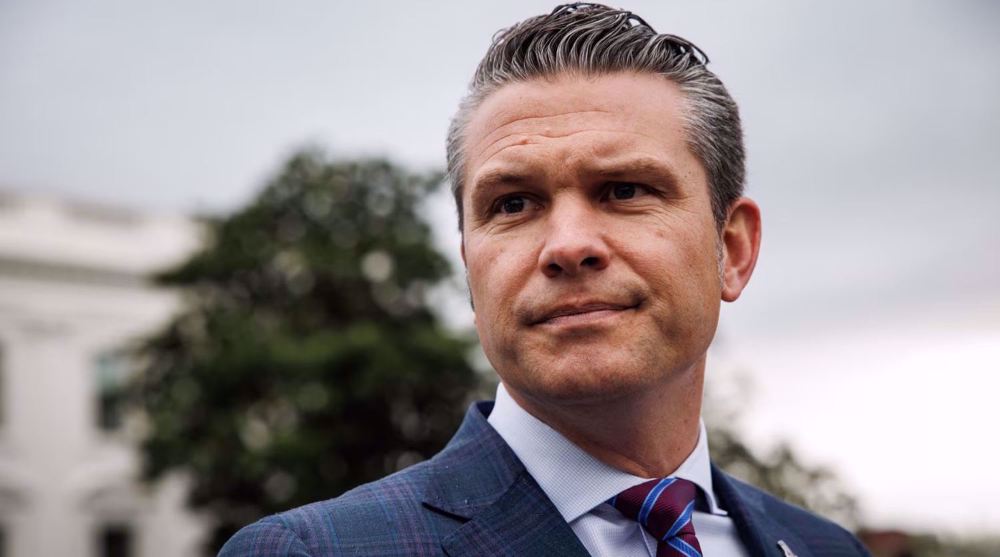
After second Signalgate scandal, Democrats call for Hegseth’s resignation
VIDEO | US pro-Palestinian campus protest
VIDEO | Palestinian civil defense rejects Israel’s probe and exposes the crime
India downgrades ties with Pakistan after deadly Kashmir attack
Iran’s steel output up 3.7% y/y to 3.3 million mt in March
There is good chance that US and Iran can reach an agreement: Veteran diplomat
VIDEO | Yemen faces environmental crisis due to oil spill caused by US strike
Israeli forces murder minor, critically injure young Palestinian during West Bank raids
Yemen's president orders nationwide ban on all US products


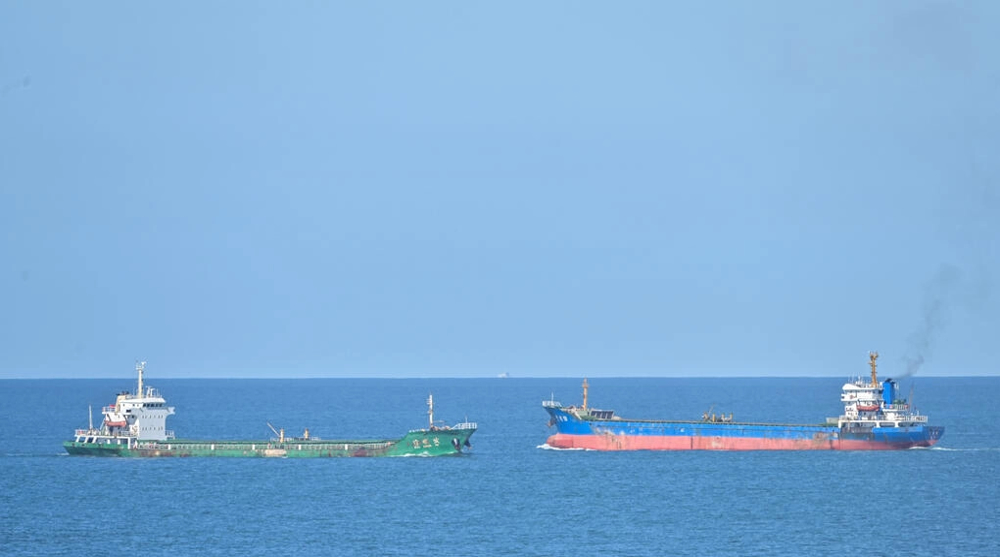



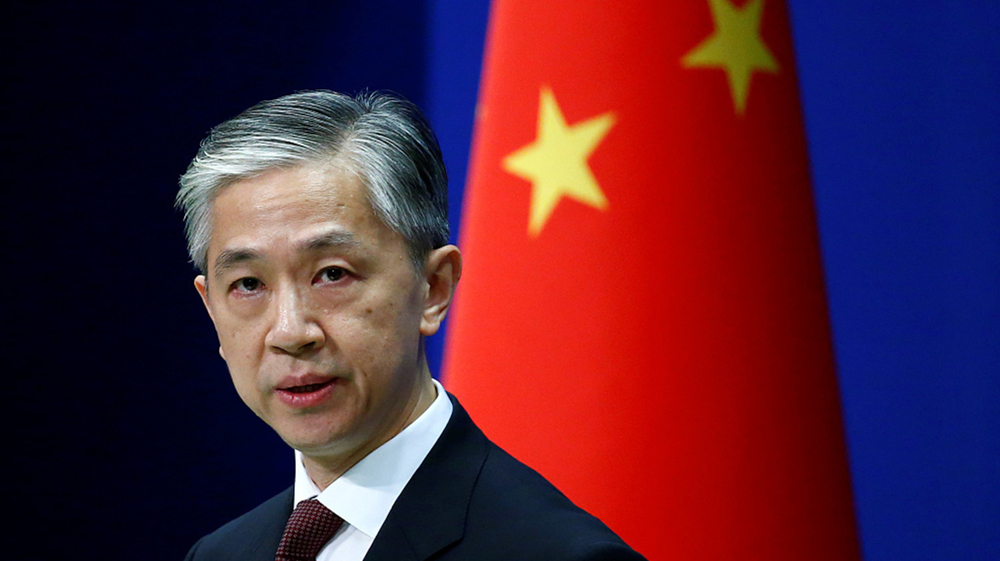
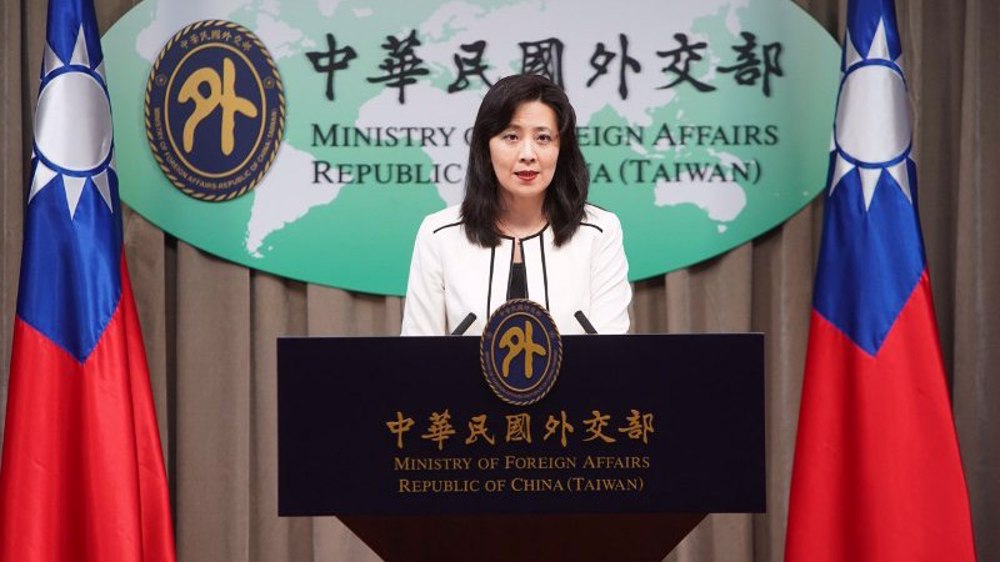
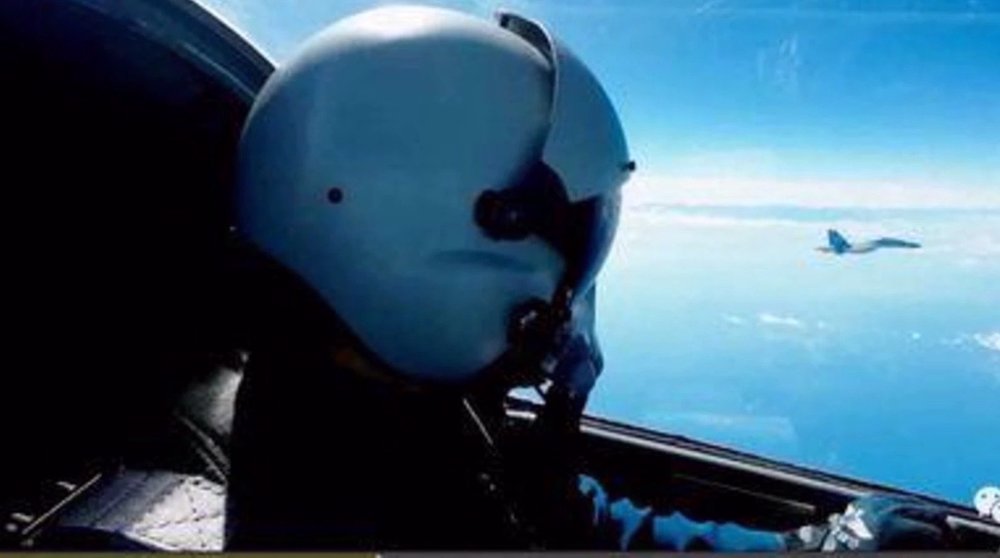
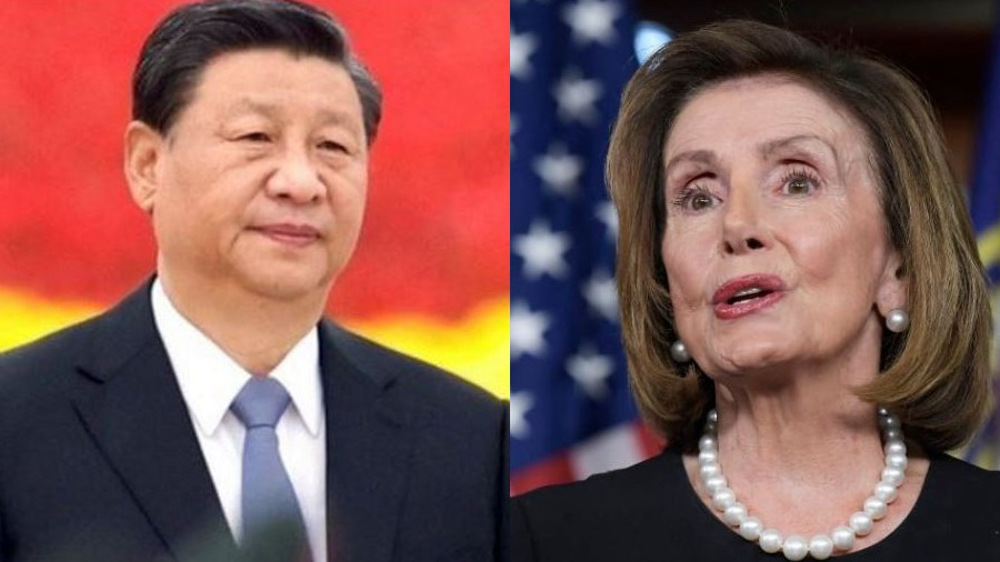
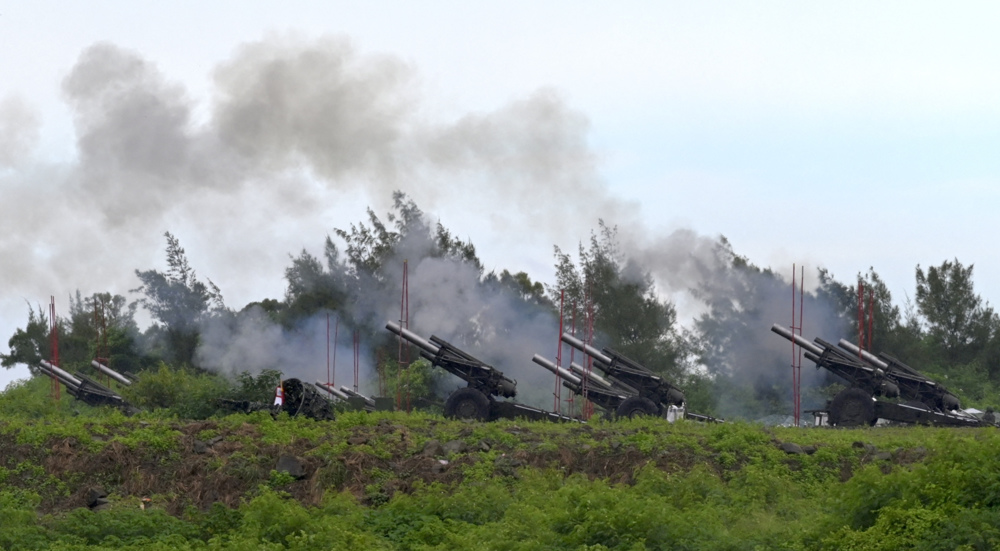
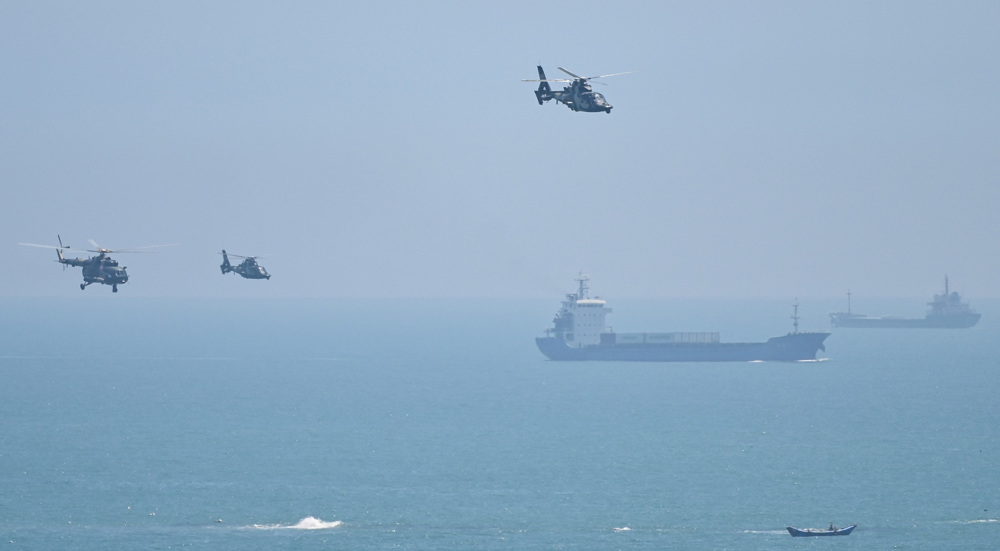
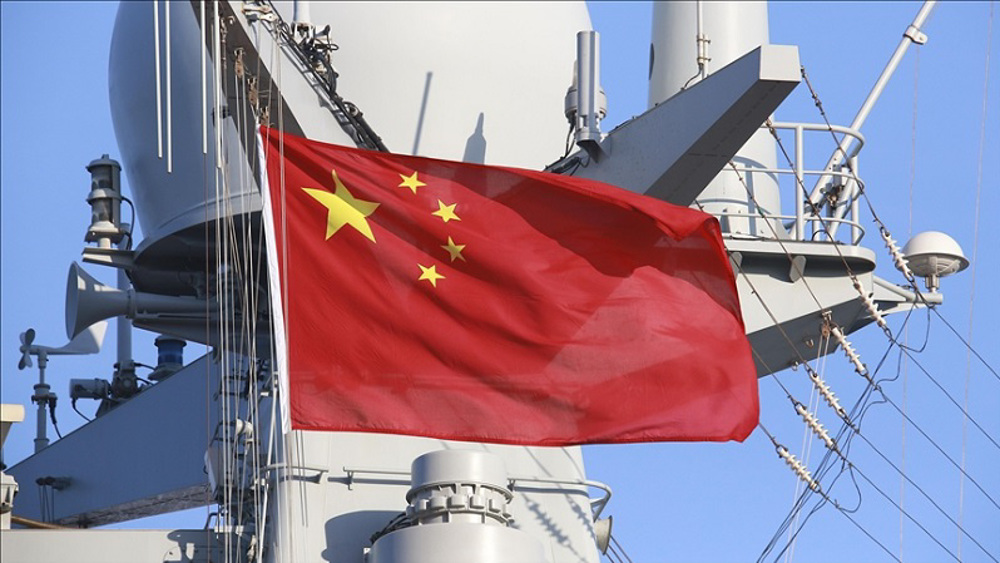

 This makes it easy to access the Press TV website
This makes it easy to access the Press TV website